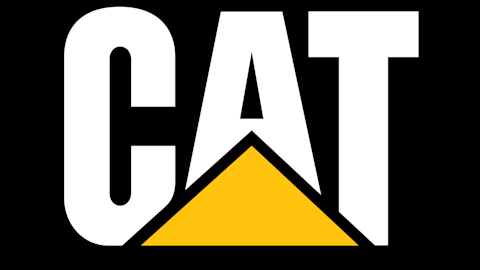Hedge fund advertising: Mark this date in your calendars folks. Earlier this year, the ban of hedge fund advertising was lifted as a result of the 2012 JOBS act, and hedgies can effectively promote themselves publicly beginning today. While many pundits are confident that this will hurt individual investors, we’ve written just the opposite. Here’s an excerpt of what we said last month:
[One] myth spelled out by uninformed financial journalists is that even though there are good hedge funds, there is no way that we can spot them before the fact. For every David Einhorn out there, there are dozens of unsuccessful hedge fund managers and we couldn’t know which one is which 15 years ago.
You know what? This is why hedge fund advertising will be beneficial for investors. Investors will have access to more information about hedge funds, their stock picks, their performance, interviews that shed a light on their character, and they will do a much better job at picking good hedge fund managers.
Generally speaking, the onus is now on retail investors to understand how to analyze hedge funds before investing in them, and the same goes for those who want to mimic their picks.

Insider Monkey offers a very promising small-cap strategy that absolutely trounced the market in its first year, and our Billionaire Hedge Fund Index created with MarketWatch can show you how the best picks of the richest fund managers have performed.
In our August analysis of what hedge fund advertising means for individuals, we also talked about how you can teach yourself to understand this industry:
[Hedge funds’] picks beat the market on the average and their small-cap picks have absolutely crushed the market indices. However, their large cap stock picks only beat the market by a couple of percentage points a year. Hedge funds’ biggest sin is asset hoarding. There aren’t enough small and mid-cap investment ideas for all hedge funds. They have so much capital under management that they have to invest in large cap stocks such as Apple Inc. (NASDAQ:AAPL) and Google Inc (NASDAQ:GOOG). The problem is that they usually charge 2% of assets and 20% of profits, and these fees are generally higher than the excess return they generate by picking good large-cap stocks.
Hedge funds are taking advantage of investors not because they aren’t good at stock picking, but because investors don’t ask for their money back when hedge funds get too big. There are three simple solutions to this problem: First, investors shouldn’t pay anything for hedge funds’ beta exposure. Second, investors shouldn’t invest in hedge funds that focus on large-cap stocks (or pay ONLY a management fee of at most 2%). Third, investors can do what we do: they can invest in hedge funds’ best stock picks without paying them a single dime. Our picks have outperformed the market by almost 30 percentage points. I haven’t heard of a lot of hedge funds that have done that over the last year.
Check back here for more updates on hedge fund advertising.
Recommended Reading:
Animal Health Industry: Michael Castor’s Next Promising Pick Is Here
Value Investing Congress Presentations: Mick McGuire’s Bullish Thesis On United Rentals
Flushing Financial Stock: Mario Gabelli, Gamco Buy More
Disclosure: none





